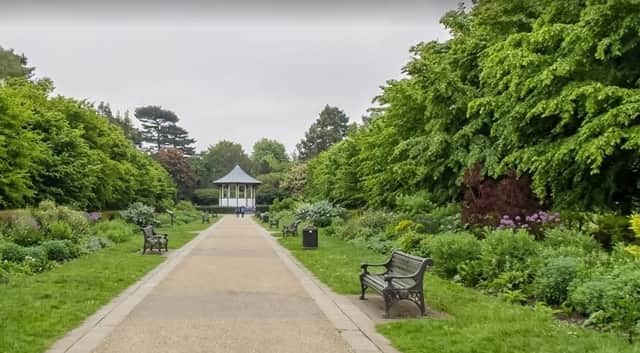Bedford council urged to cut back use of chemical weedkillers


Bedford Borough Council has been urged to cut back its use of chemical weedkillers – and says it needs to do more to explain why some open spaces are not “pristine” a meeting heard.
During this week’s Climate Change Committee (March 18) councillor Lucy Bywater (Green, Castle and Newnham) said she had seen the “telltale” signs of herbicide.
Advertisement
Hide AdAdvertisement
Hide Ad“[The] burnt circles around almost everything that is stationary, and I just wonder why is it justified?” she asked. “Is it necessary, because I believe country parks don’t do this.”
Paul Pace, chief officer (environment), said: “We don’t spray in any of the country parks or some of our award winning parks.
“There is a balance to play here, we’ve dramatically reduced down the amount of the chemicals we use. We only use it when we really have to.
“Do we spray once a year and then manage that, or do we send a strimmer out every other cut to strim around the trees, which uses diesel, uses operative resources and things like that, and often damages the trees and things that we strim around.
“So there is a balance to what we do.”
Advertisement
Hide AdAdvertisement
Hide AdCouncillor Bywater said that she had seen “random” poles that were sprayed around.
“It doesn’t matter if grass grows around those, for example,” she said.
“I understand why you need to keep grass clear around a bench so that people can sit down and elderly people don’t trip up over long scraggly grass.
“But around a dog bin or around just a random pole?
“I think that we could hugely reduce it just by [not spraying in] places where we just don’t need to. I appreciate it’s already been reduced, but it seems to me it could be reduced further.”
Advertisement
Hide AdAdvertisement
Hide AdMr Pace said the council can look at where it applies the chemicals, but it does get complaints from residents about areas that have not been “maintained within an inch of their life”.
“We need to do some more education and work with the public to bring them on board,” he said.